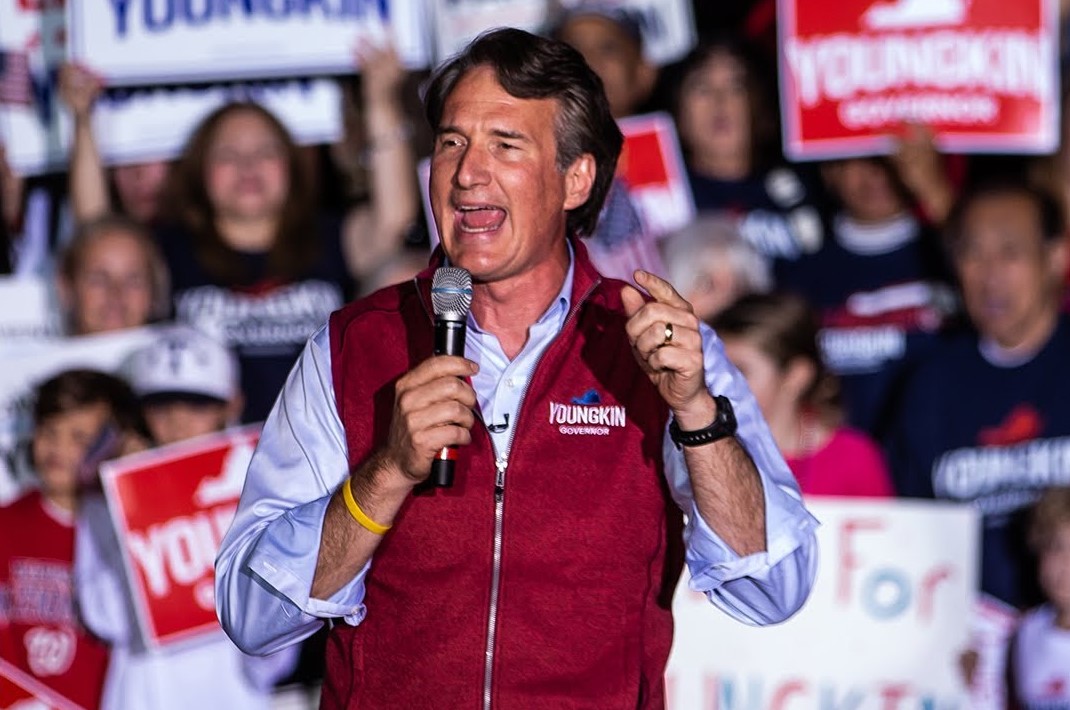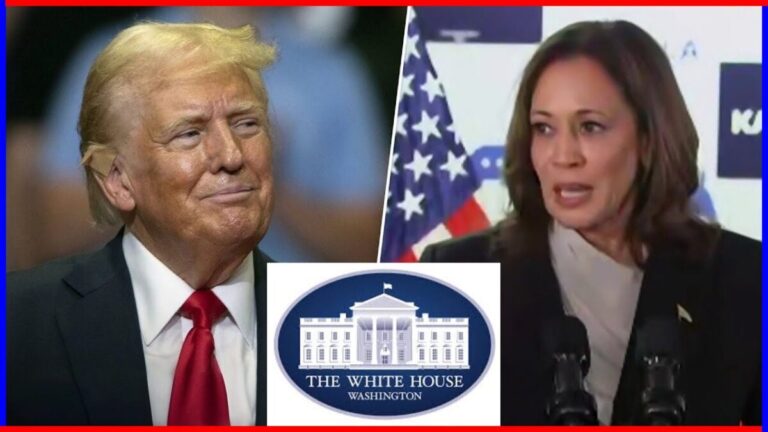In a bold move to safeguard the integrity of Virginia’s electoral process, Governor Glenn Youngkin has issued a groundbreaking executive order that will reshape the way the Commonwealth conducts its elections. Amidst growing concerns over the security of electronic voting systems, Youngkin has taken a decisive step to ensure that all votes cast in the 2024 presidential election and beyond will be done so using paper ballots.
The Rationale Behind the Executive Order
Governor Youngkin’s decision to mandate paper ballots is rooted in his belief that the “Virginia model for Election Security works” and that it is a non-partisan issue that transcends political affiliation. The governor has emphasized the importance of ensuring that “every legal vote deserves to be counted without being watered down by illegal votes or inaccurate machines.” By transitioning to a paper-based system, Virginia aims to create a more concrete and traceable record of the votes cast, addressing the vulnerabilities inherent in widely-used electronic voting machines.
Call me crazy, but I think American elections should be decided by American citizens, and Virginia elections should be decided by Virginians. pic.twitter.com/JMVhqmqB1D
— Glenn Youngkin (@GlennYoungkin) August 8, 2024
Key Components of the Virginia Voting Security Protocol
The executive order outlines several critical components of the Virginia voting security protocol that will be implemented for all future elections:
1. Exclusive Use of Paper Ballots
The primary requirement of the new protocol is the exclusive use of paper ballots, which will provide a more tangible and auditable record of the votes cast. This move away from electronic voting machines is intended to mitigate the risks associated with potential hacking, software glitches, or other technical issues that could compromise the integrity of the electoral process.
2. Strict Chain of Custody
Accompanying the paper ballot requirement is a strict chain of custody protocol, ensuring that the ballots are properly secured and accounted for throughout the entire voting and counting process. This measure aims to eliminate the possibility of tampering or unauthorized access to the votes.
3. Offline Counting Machines
Rather than relying on internet-connected voting machines, the Virginia protocol mandates the use of offline counting machines that are thoroughly tested prior to each election. This approach reduces the risk of external interference or manipulation of the vote tallies.
4. Voter Identity Verification
The new security measures also include the use of DMV data to verify the identity and legal presence of voters, helping to prevent instances of ineligible individuals casting ballots. This rigorous verification process is designed to maintain the accuracy of the voter rolls and ensure that only legitimate votes are counted.
Reaction from Political Figures
The codification of Youngkin’s election security protocols has garnered praise from various political figures, including former President Donald Trump. Trump celebrated the move, stating that Virginia is “taking a strong lead in securing the election in November” and that the Commonwealth is “protecting every legal vote and keeping illegal aliens that have been let into our country from voting.”
The former president emphasized the importance of the paper ballot requirement, noting that the votes will be “counted safely and fairly, not by machines connected to the internet — A big security risk.” Trump urged other states to follow Virginia’s lead, calling for volunteers to monitor the polls and emphasizing the significance of the 2024 presidential election.
Implications for the 2024 Election and Beyond
The implementation of Youngkin’s executive order will have far-reaching implications for the 2024 presidential election and future electoral processes in Virginia. By transitioning to a paper-based system with robust security protocols, the Commonwealth aims to restore public confidence in the electoral system and ensure that every legal vote is counted accurately and securely.
The move towards paper ballots aligns with the growing concerns expressed by both Republicans and Democrats regarding the security of electronic voting systems. As the nation prepares for the pivotal 2024 election, Virginia’s proactive stance on election security may serve as a model for other states seeking to strengthen the integrity of their electoral processes.
Potential Challenges and Considerations
While the Virginia voting security protocol presents a promising approach to safeguarding the electoral process, it is not without its challenges and considerations. The transition to a paper-based system may require significant logistical and operational changes, including the procurement of secure ballot storage facilities, the training of election officials, and the implementation of robust chain of custody procedures.
Additionally, the reliance on offline counting machines raises questions about the efficiency and scalability of the vote-tallying process, particularly in the context of high-turnout elections. Ensuring the timely and accurate reporting of results will be a critical consideration as the state implements these new measures.
Ongoing Efforts and Monitoring
To address these challenges and ensure the seamless implementation of the new security protocols, the Youngkin administration has emphasized the importance of continuous monitoring and improvement. The state will closely track the performance of the paper ballot system and the offline counting machines, making adjustments as necessary to enhance the overall efficiency and reliability of the electoral process.
Moreover, Virginia will actively engage with election officials, political parties, and the general public to gather feedback and address any concerns that may arise during the implementation phase. This collaborative approach aims to foster transparency and build trust in the state’s electoral system.




Leave a Comment